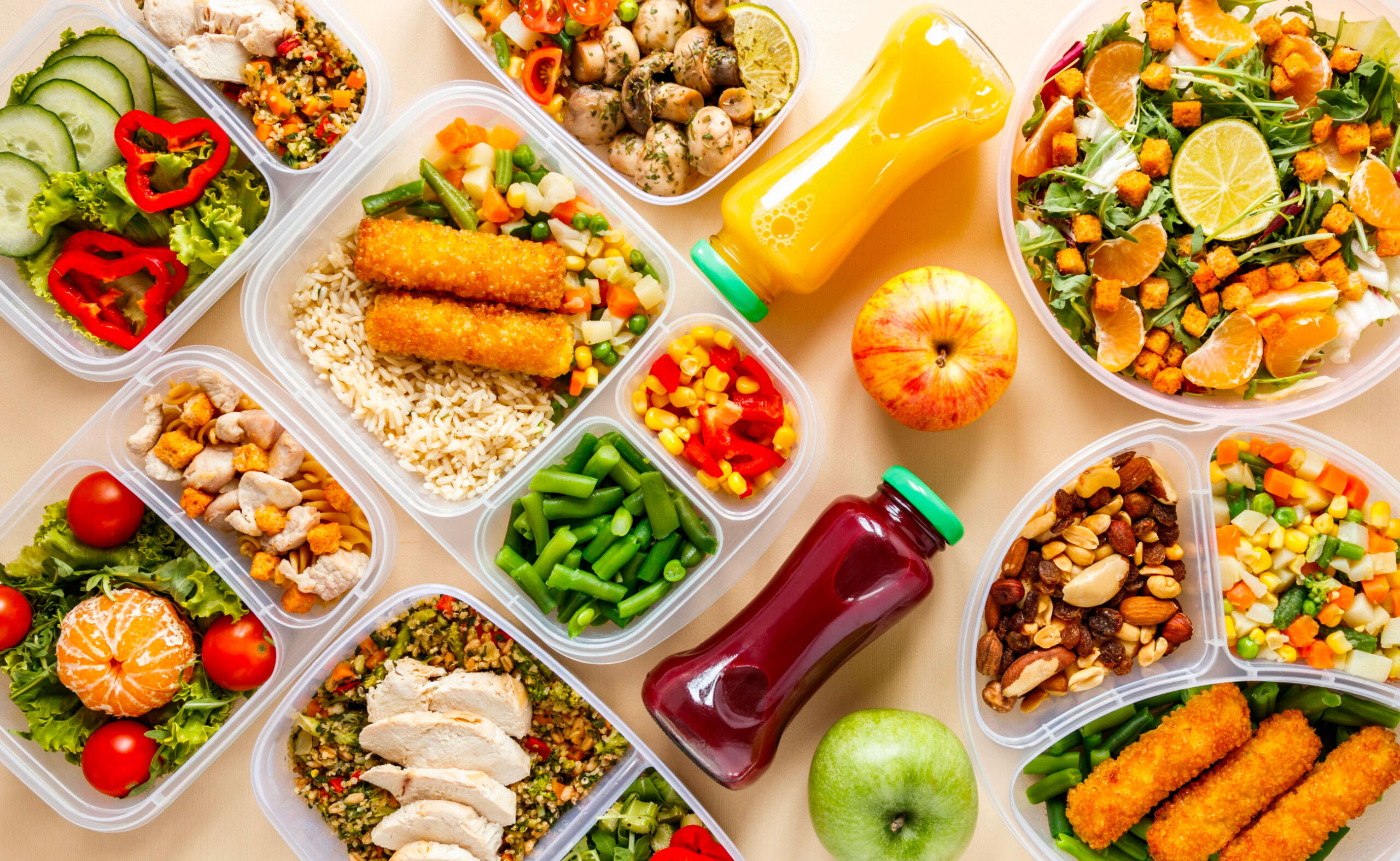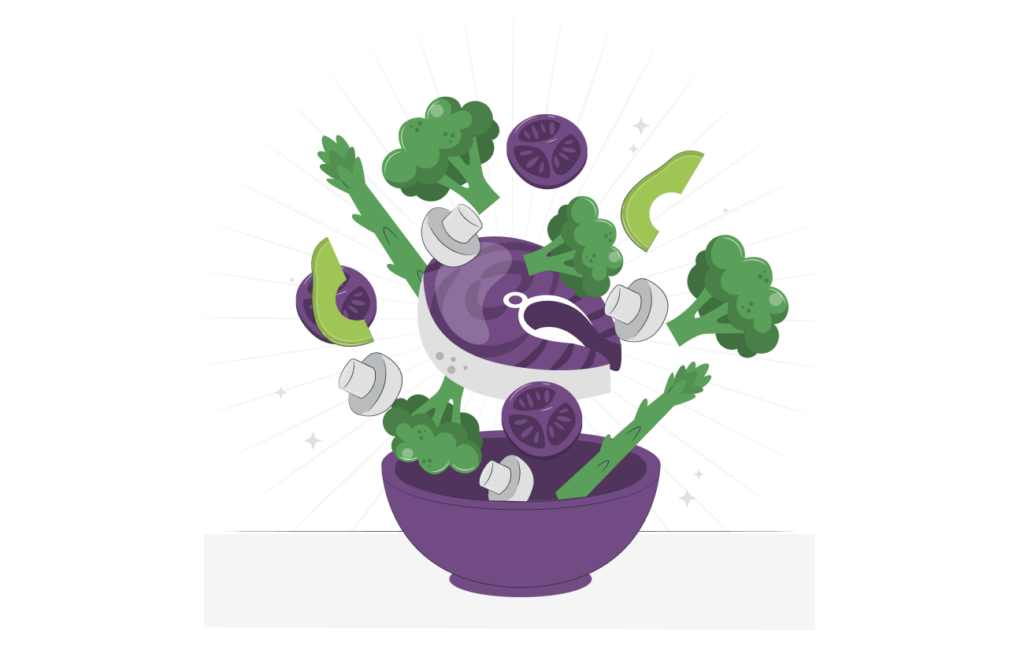Mastering Meal Prep: A recipe for saving time and money

In today’s fast-paced world, finding the time and money to eat healthy can be a real challenge. The solution? Meal prepping. This practice not only helps you maintain a nutritious diet but can also save money in the long run. In this blog post, we’ll explore the art of meal prepping and how it can be your secret weapon to help keep costs down and set you up for nutritional success.
What is meal prepping?
Meal prepping is the process of preparing and packaging meals in advance. It involves choosing recipes, grocery shopping, cooking in bulk, and storing portions for a later time. Here’s how it can help you save money:

- Reduced spur-of-the-moment spending: When you choose meals ahead of time and create a shopping list based off your meal plan, you’re less likely to make spontaneous purchases at the grocery store. This means you buy only what you need, which can help you avoid buying expensive snacks or unnecessary items.
- Minimizing food waste: By preparing meals in advance and portioning them out, you’re less likely to waste food. Leftovers are repurposed into new meals or even frozen for later use.
- Avoiding takeout and eating out: When you have already prepared meals waiting at home, you’re less tempted to order takeout or eat out.
- Budget-friendly recipes: Meal prepping often involves choosing cost-effective recipes that can be stretched over several meals. Dishes like casseroles, one-bowl meals, stir-fry dishes, and stews are perfect for this purpose.
Practical meal prep tips
Now that you understand the benefits, let’s dive into some practical meal prep tips that will help you save money while maintaining a balanced diet:

- Plan your meals. Start by planning your meals for the week. Focus on choosing recipes that use shared ingredients to help minimize waste and expenses.
- Make sure you choose meals and foods that you enjoy and actually want to eat! Set yourself up for success by incorporating foods and ingredients that you love into your meals.
- Don’t overcomplicate things. It can be intimidating to plan out a week of meals. To simplify things, I like to focus on each meal having a protein, vegetable, and starch. From there, you can build a meal by adding a sauce, marinade, or seasoning–and you’re good to go!
- Make a shopping list. Based on your meal plan, create a detailed shopping list. Stick to it to avoid overspending.
- Take advantage of weekly grocery discounts. Creating your meal plan based on the items on sale can be an excellent strategy not just for cutting costs but also for introducing diversity into your meals.
- Use seasonal produce. Seasonal fruits and vegetables are often cheaper and taste better. Incorporate them into your meal plan to save money. Don’t know what’s in season? Check out this great USDA Seasonal Produce Guide.
- Batch cooking. Spend a few hours one day a week cooking all your meals at once. This not only saves time, but also ensures consistency in your diet.
- Use a different cooking methods to add variety to your meals. Baking, sautéing, and using small kitchen appliances, like slow cookers and air fryers, can be great tools.
- Portion control. Use portion-controlled containers to avoid overeating and keep your portions consistent. This can help ensure your meals last the week.
- Track your savings. Keep a record of how much money you save through meal prepping. This can be really motivating and help you stick to it.
Meal prepping goes beyond convenience. It can be a powerful tool for saving money and maintaining a healthy diet. By planning your meals, controlling portion sizes, and minimizing food waste, you can significantly reduce your food expenses. So, roll up your sleeves, start prepping, and watch your bank account grow while you savor nutritious, homemade meals. Bon appétit!
Looking for more tips on eating healthy? Browse healthy recipes and organize your grocery list with the nutrition guide from Foodsmart.* Access the nutrition guide through the CDPHP Health Hub, powered by Virgin Pulse. You can schedule a telephone or video appointment with a Foodsmart registered dietitian who can help you meet your personal nutrition goals.
To learn more about eating healthy without breaking the bank, check out 14 tips and 14 foods to help you eat healthy on a budget.
*Participation with this service is dependent on plan type. Please check your member contract or call the number on your member ID card to see if you’re eligible.
 The Daily Dose
The Daily Dose
Comments are closed.